Violife Vegan Original Flavour Slices
In Stock
₨ 210.00
Enjoy this Violife Vegan Original Flavour Slices – The classic flavour that gives you your cheesy hit in a variety of recipes, in a humble sandwich or grilled for ultimate comfort food.
Violife comes from the Greek word Vios, which means Life. So it’s actually, life squared , live life to the full.
With more than 30 years of vegan products development and production experience, Violife is the world leader with a global footprint, backed by the world’s largest plant based food transformation company, Upfield.
All our plant-based foods are free from common allergens, lactose and gluten as well as being soya and nut free. We understand the frustration of finding a product you love only to find that it will exacerbate your allergy, intolerance or condition. Our foods are safe for those with lactose intolerance, gluten intolerance, nut intolerance, soya intolerance or coeliac disease. ALL PRODUCTS ARE KOSHER CERTIFIED.
Violife products melt, grill & grate, toast & roast, they are easy to cook with and to spread.
Please note: We bring these frozen products to you in a thermal bag. You must ensure you have your thermal bag to receive the goods, transfer them from our bag and return our bag to our driver immediately. Thank you 🙂
Water, Coconut oil (23%), Modified Starch*, Starch, Sea salt, Flavourings, Olive extract, Colour: B-Carotene, Vitamin B12. *Not to be confused with GMO (Genetically Modified) ingredients.
More and more of us are switching to a plant-based diet, at least some of the time – and everyone has their own reasons. Whether you’re vegan, flexitarian, plant-curious, or you just love delicious plant based meals, every time you make this choice you are doing a little bit extra to help the planet!
Together with Quantis, a leading sustainability consultant, we have calculated the environmental impact of 8 Violife products in the Europe* and compared them to dairy cheese. We evaluated the products over their life cycle – from how the ingredients are sourced, to the creation of our tasty products, to transportation, packaging, distribution, and finally packaging disposal.
This new study shows that Violife products have less than half the climate footprint and occupy less than one third of the land when compared to the same amount of dairy cheese. So not only do Violife products make your favourite cheesy food taste great, they’re also better for the planet.
At Violife, we are proud to be 100% vegan, but you don’t have to be! Why not change your cheese to Violife by trying out a new plant-based recipe and see for yourself just how delicious it is – what’s more, you’ll be doing a little something to help change our planet too.
INGREDIENTS:
Coconut oil benefits and uses go beyond what most people realize. Its unique combination of fatty acids can have profound positive effects [1].
Research has finally uncovered the secrets to this amazing fruit; namely fats called medium-chain fatty acids (MCFAs), these specific fats include Caprylic, Lauric and Capric acid. Here are the top benefits of coconut oil that have been experimentally confirmed in human studies:
Obesity is currently one of the biggest health problems in the world. While some people think obesity is only a matter of calories, others believe that the sources of those calories are critical too. It is a fact that different foods affect our bodies and hormones in different ways. In this regard, a calorie is NOT a calorie. The medium-chain triglycerides (MCTs) in coconut oil can increase energy expenditure compared to the same amount of calories from longer chain fats [2,3,4].
Almost 50% of the fatty acids in coconut oil is the 12-carbon Lauric Acid. When coconut oil is enzymatically digested, it also forms a monoglyceride called monolaurin. Both lauric acid and monolaurin can kill harmful pathogens like bacteria, viruses and fungi [2,5]. Studies on Polynesians [6] and Bicolanos in the Philippines [7], as free-living populations that consume coconut oil, have shown that coconut oil does not negatively impact cardiovascular health and, in fact, may be beneficial against other indicators, such as atherosclerosis.
Given that coconut oil can reduce appetite and increase fat burning, it makes sense that it may also help you lose weight. Coconut oil appears to be especially effective in reducing abdominal fat, which lodges in the abdominal cavity and around organs. A study in 40 women with abdominal obesity, supplementing with 30 mL (1 ounce) of coconut oil per day led to a significant reduction in both BMI and waist circumference in a period of 12 weeks [8].
SOURCES
1. http://draxe.com/
2. http://authoritynutrition.com/
3. Am J Clin Nutr 1991 53: 5 1130-3
4. Am J Clin Nutr 1986 44: 5 630-4
5. Antimicrob Agents Chemother. 1972 2:1 23–28
6. Prior, I. A., Davidson, F., Salmond, C. E. , & Czochanska, Z. (1981). Cholesterol, coconuts, and diet on Polynesian atolls: a natural experiment: the Pukapuka and Tokelau island studies. Am J Clin Nutr, 34 (8) 1552-61
7. Florentino RF, Aguinaldo AR (1987) Diet and cardiovascular disease in the Philippines. Philipp J Coconut Stud 13(2):56–70
8. Lipids 2009 44:7 593-601
Vitamins are substances that your body needs to grow and develop normally.
Vitamin B12 is a water-soluble vitamin that is naturally present in some foods, added to others, and available as a dietary supplement and a prescription medication. Vitamin B12 exists in several forms and contains the mineral cobalt, so compounds with vitamin B12 activity are collectively called “cobalamins”. Methylcobalamin and 5-deoxyadenosylcobalamin are the forms of vitamin B12 that are active in human metabolism. The human body does not store cobalamin – any excess or unwanted amounts are excreted through urine.
Cobalamin plays a vital role in normal brain and nervous system functioning, as well as the formation of red blood cells. Experts say vitamin B12 plays a role in the metabolism of every cell in our bodies. It especially affects DNA regulation and synthesis, as well as the synthesis of fatty acids and energy production. Vitamin B12 is structurally the most complicated vitamin, it is also the largest. Cobalamin can only be industrially produced through bacterial fermentation synthesis.
Those with B12 deficiency have a serious risk of permanent nerve and brain damage.
Even at slightly lower-than-normal B12 levels, a person can experience depression, memory problems and tiredness. Individuals with Crohn’s disease involving the small intestine, as well as those who have undergone small intestine resection may not be able to absorb cobalamin properly and may experience deficiency.
A LACK OF VITAMIN B12 CAN LEAD TO:
Tingling in hands and feet
Numbness in hands and feet
Loss of reflexes
Muscle weakness
Balance problems which may affect standing still or walking
Confusion (severe deficiency)
Dementia(severe deficiency)
Depression (more common in severe deficiency)
Memory loss (severe deficiency)
Digestive tract symptoms Nausea
Vomiting
Abdominal bloating
Abdominal gas
Diarrhea
Constipation
Loss of appetite
Weight loss.
Other symptoms
You must be logged in to post a review.
General Inquiries
There are no inquiries yet.




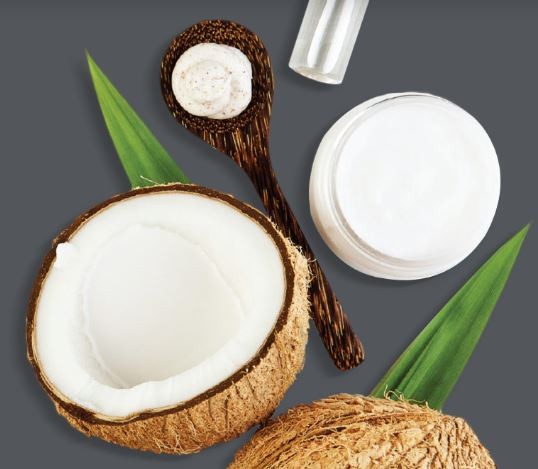




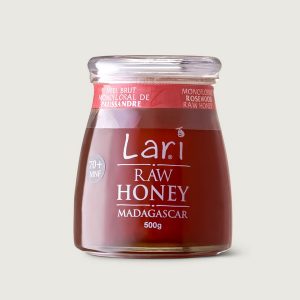

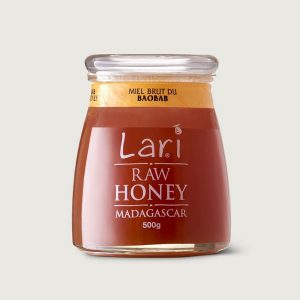
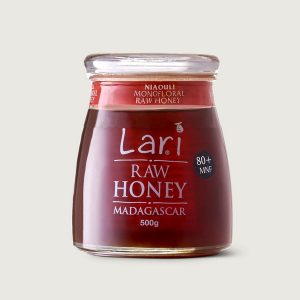
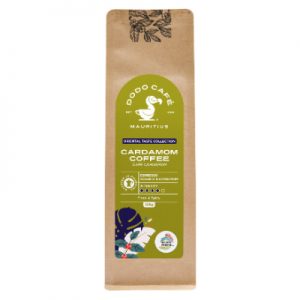

Reviews
There are no reviews yet.